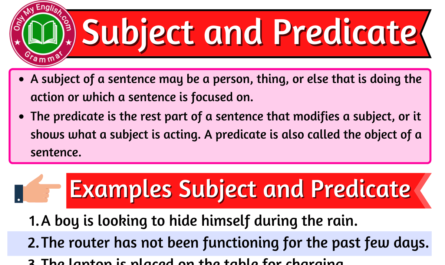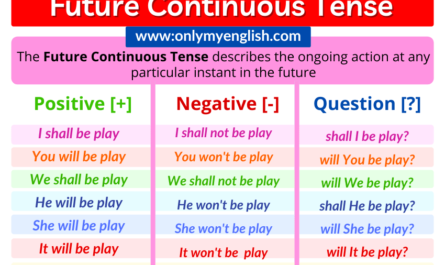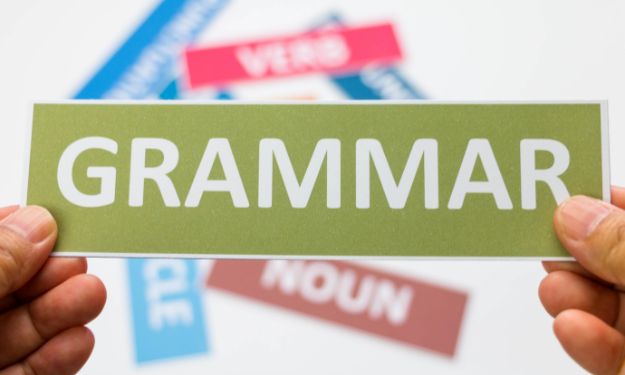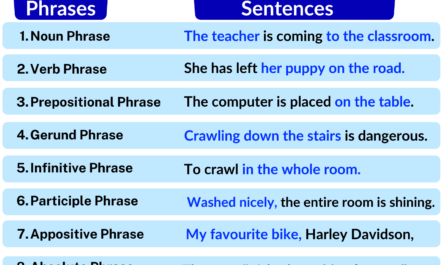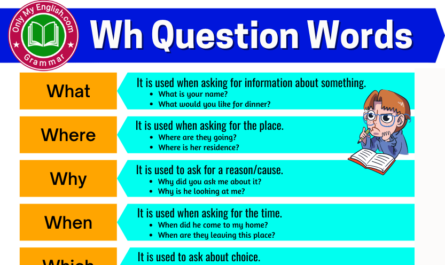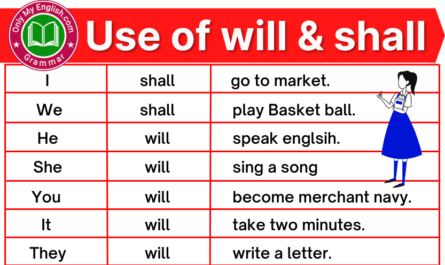What is the Subordinate clause?
A subordinate clause is a clause that itself contains a subject and a verb, but it cannot stand alone as a separate sentence apart from the main sentence. It usually complements the main clause of the sentence and gives a special meaning to that particular sentence.
A subordinate clause is also called a dependent clause as it needs the support of the main clause in a sentence to give a strong meaning. A subordinate clause also acts as a noun, adjective, or adverb in a sentence according to the need or requirement.
It contains a subject and a verb in a clause, as other clauses contain. A subordinate clause that acts as a noun in any sentence then that clause is called the subordinate clause. This clause can act as a noun either in the place of a subject or an object, respectively. Noun clauses usually start with words like that, what, whatever, whoever, whomever, whom, etc.
Parts of Subordinating clause
The subordinating clause has two different parts of the Subordinating clause, which is introduced by the Subordinate conjunctions and the Relative pronouns, respectively.
Subordinate Conjunctions
Subordinate conjunction is a part of a subordinating clause that helps the transition between two distinct parts of any particular sentence with a combination of words that are used to express things such as place and time.
Some common subordinate conjunction words,
- After, As, as long as, although, even though, even if, before, because, since, once, now that, now, if, unless, though, than, since, whereas, whenever, when, until, while, whether, wherever, whereas, whoever, etc.
Examples of Subordinate Conjunctions
- I’m waiting here because it’s raining outside.
- Jimmy is a handsome guy, and he is rich also.
- She met me when I was traveling on the metro.
- Did he tell you anything before he died?
- Once you play this game, you will become addicted to it.
Relative Pronoun
The relative pronoun is a word that is used to introduce the dependent clause or subordinating clause. These words correlate the sentence to the topic with the subordinating clause, so they are called relative pronouns.
For example,
- Which, whose, whoever, whichever, who, whatever, that, etc. are used to introduce the dependent clause in a sentence.
Examples of Relative Pronoun
- The Government caught a person who works as an agent for another country.
- I am taking you to that place which you don’t know anything about.
- Samuels, who worked as an architect, lived in this place for so long.
- I don’t understand why she left me in the middle of our wedding.
- He is Jonathan, whose father is a renowned businessperson.
Types of Subordinate Clause
Also, a subordinating clause is used in a sentence as a noun, adjective, or adverb. There are three subordinating clause types, noun clause, adjective clause, and adverb clause, respectively.
Noun clause
A noun clause is a group of words that performs like a noun in a sentence. This clause begins with relative pronouns like “what, which, who, and how,” along with a subject and a predicate of a sentence.
For example,
- He believed that I would help him.
- She won’t know if her husband is at home.
- I don’t know who he is.
- My friend knows that we always celebrate together.
- He knows how to start this old vehicle.
Adjective clause
An adjective clause of a dependent clause acts as a descriptive adjective word in a sentence. It contains a pronoun ( who, which, that), an adverb (what, why, where), and a verb that follows a pattern such as,
- Pronoun/adverb + subject + verb
- pronoun/adverb acts as a subject + verb.
For example,
- Robin is the only one who jumps from this height.
- He is trying to know the secret of what she wanted to tell us?
- I saw the thief who robbed the bank last night.
- A book that is on the table is hers.
- I like people who work out daily.
Adverb Clause
A group of words is called an adverb clause, which performs a function as an adverb in any sentence, which asks questions like “where?”, “why?”, and “how?” respectively with a beginning of subordinate conjunction.
For example,
- Before you leave, meet me at the cabin.
- Unless you perform on the stage, you will not win.
- Even though he works daily, the owner always exploits him.
- Place this at its place where you bring it from.
- Get ready fast so that we can proceed to leave.
